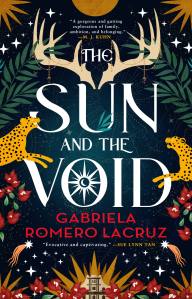Gabriela Romero Lacruz

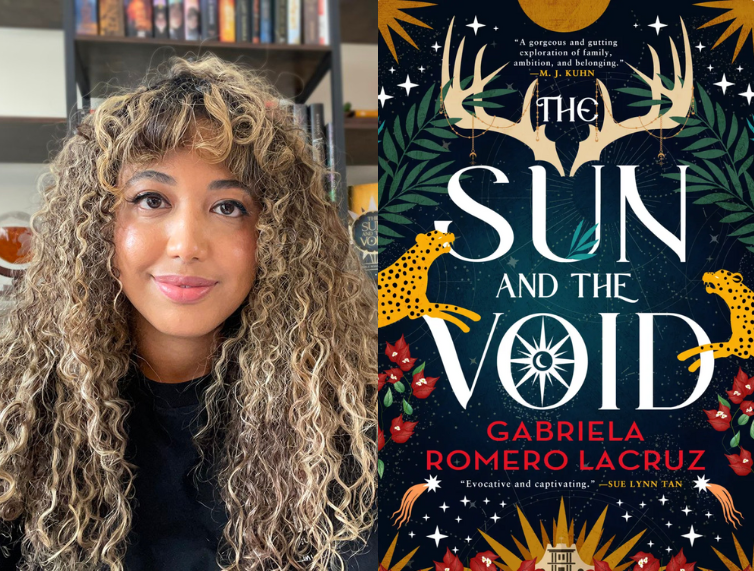
Born and raised in Venezuela, Gabriela Romero Lacruz (she/her) now lives two-thousand miles from home, in the land of bayous and astronauts. She graduated with a B.S. in Chemical Engineering from the University of Houston, and after a stint in Oil and Gas, decided to dedicate herself to the arts. She writes young adult and adult fantasy stories set in places that remind her of home, so in her mind she’s never too far from the beaches and mountains of Venezuela. She also scratches that ChemE itch with a science fiction or two. She illustrates as The Moonborn.
“Evocative and captivating. An enthralling tale of ancient gods, dangerous magic, family and love.” ―Sue Lynn Tan, author of Daughter of the Moon Goddess
Two women embark on an unforgettable quest that draws them into a world of dark gods and ancient magic in this sweeping fantasy debut inspired by the history and folklore of colonial South America.

I just finished It Would Be Night in Caracas, a contemporary drama by Venezuelan journalist, Karina Sainz Borgo. It is a harrowing depiction of the lawlessness and discord that reigns the streets of Caracas. I found it to be realistic and gutting. I’m recommending it to my family, for I know they will relate with the sharp decline in quality of life that the main character goes through and her desire to flee the country. I also recommend it to anyone who wants a glimpse at the horrors Venezuelans have had to experience since the beginning of the 2010s’ economic crisis.

I’ve always loved secondary fantasy. In devouring such stories, I noticed how they always used Japanese, Roman, British, etc. history, folklore, and mythology as the foundation for their magic systems and secondary worlds. The idea of seeing a magical world that drew inspiration from Venezuelan history and folklore really excited me. So I decided to write it myself, for the nerds like me, who grew up loving worlds like those of Final Fantasy yet had our existence largely ignored by mainstream media.

Venezuelan epic fantasy.

A big aspect of writing The Sun and the Void was to create a world that could feature the diverse biomes and cultures of Venezuela. I was driven to show the world that we have a country of beautiful, varied landscapes, diverse peoples, and imaginative folklore born from a blend of its Spanish, indigenous, and African roots. My mom is from the Andes and my dad is Afro-Caribbean from the coast, and growing up I spent equal amounts of time immersed in both cultures. Because my large family was scattered all over Venezuela, we also spent a lot of time driving from the páramo to the coast, crossing the Llanos; thus I had the privilege of experiencing many cities and geographies for myself. This greatly helped me build the diverse world I wanted to depict in this story.
Lately, I find myself drawn to writing stories set in Venezuela or in fantasy places inspired by it. I have found great escapism in this. It’s helped me deal with a homesickness I’ve been carrying since I had to leave my country. Writing about Venezuela has also helped me reconnect with a culture I feel like I’m losing, from the simple fact that I’m not immersed it in anymore. So it’s been exciting to reconnect with the language and history when, for example, I research folktales from the Llanos like El Silbón or superstitions like the Momoy from Trujillo.
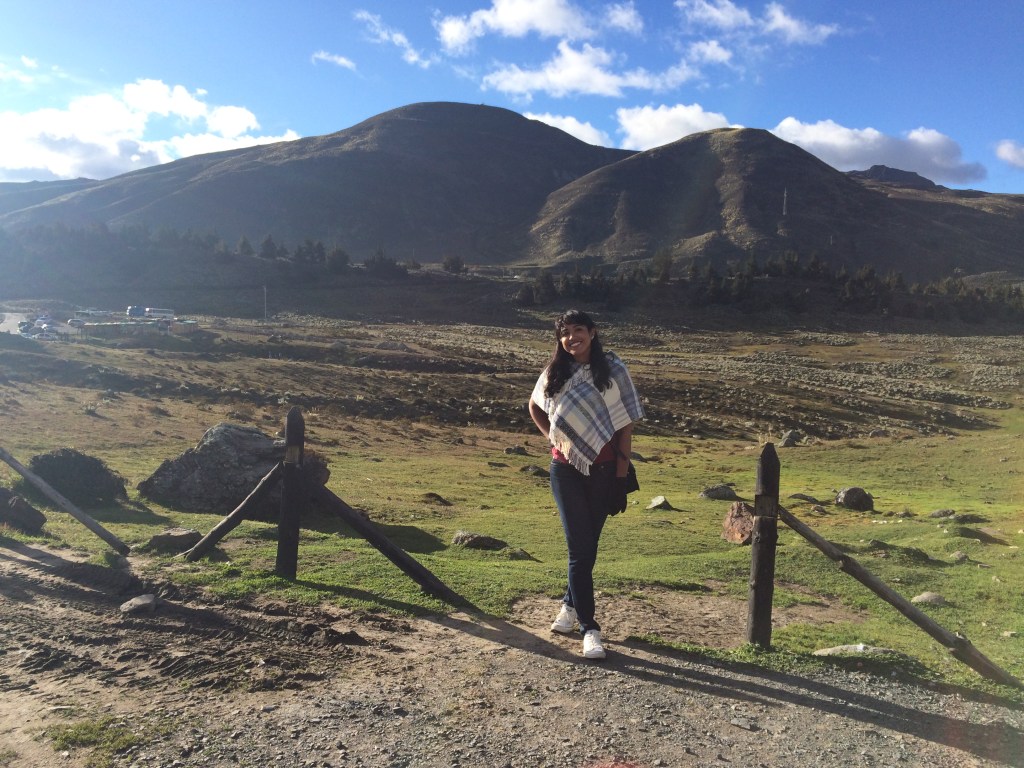
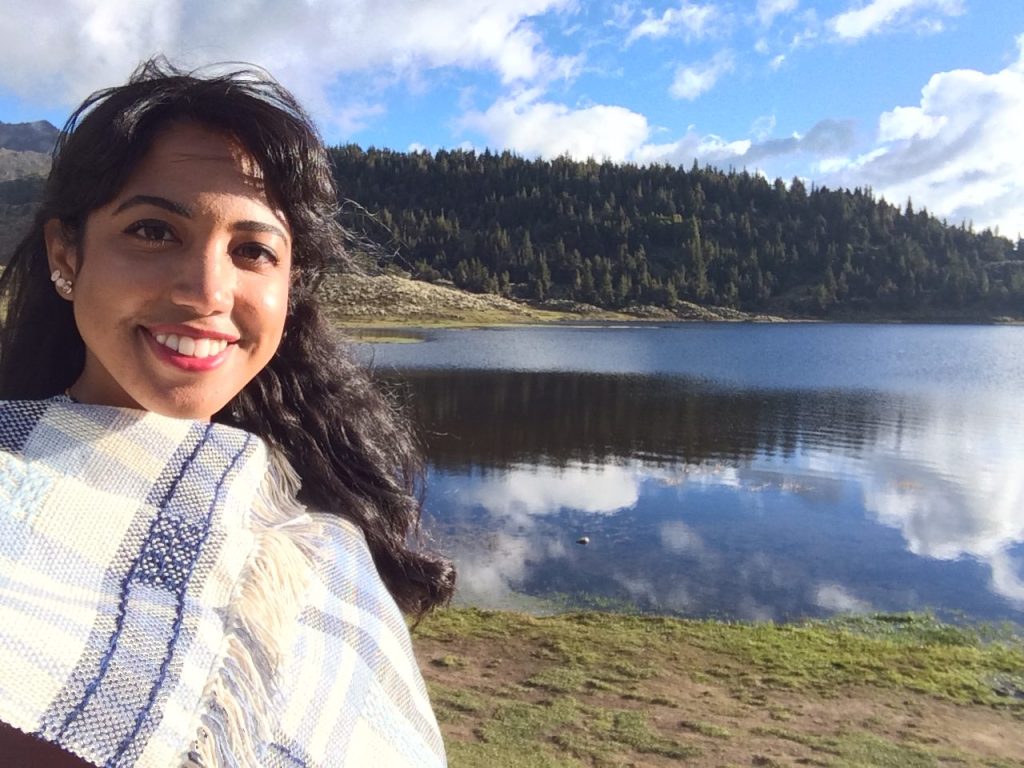

I just returned from a trip to Hanoi, Vietnam, and I had the absolute pleasure of trying out Bún chả. The easiest way I can describe it is that it is like pork Phở, but with a sweeter-tasting broth.
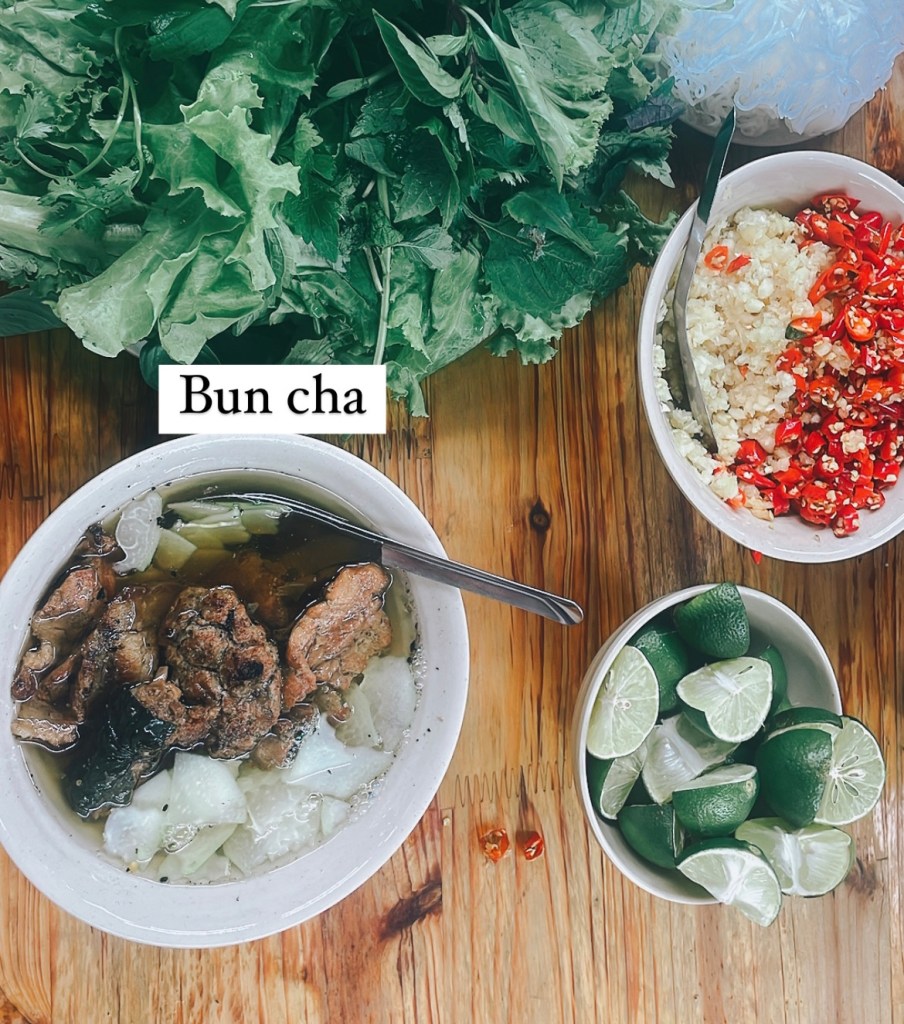
"Evocative and captivating. An enthralling tale of ancient gods, dangerous magic, family and love." ―Sue Lynn Tan, author of Daughter of the Moon Goddess
Two women embark on a unforgettable quest into a world of dark gods and ancient magic in this sweeping fantasy debut inspired by the history and folklore of colonial South America.
Reina is desperate.
Stuck on the edges of society, Reina’s only hope lies in an invitation from a grandmother she’s never met. But the journey to her is dangerous, and prayer can’t always avert disaster.
Attacked by creatures that stalk the mountains, Reina is on the verge of death until her grandmother, a dark sorceress, intervenes. Now dependent on the Doña’s magic for her life, Reina will do anything to earn—and keep—her favor. Even the bidding of an ancient god who whispers to her at night.
Eva Kesaré is unwanted.
Illegitimate and of mixed heritage, Eva is her family’s shame. She tries to be the perfect daughter, but Eva is hiding a secret: Magic calls to her.
Eva knows she should fight the temptation. Magic is the sign of the dark god, and using it is punishable by death. Yet it’s hard to ignore power when it has always been denied you. Eva is walking a dangerous path. And in the end, she’ll become something she never imagined.
Praise for The Sun and the Void:
"Enchanting. An impressive debut.”―Ava Reid, award-winning author of Juniper & Thorn
"A gorgeous epic of family and power, gods and magic, longing and betrayal." ―Melissa Caruso, author of the Rooks and Ruin series
The Warring Gods
The Sun and the Void
